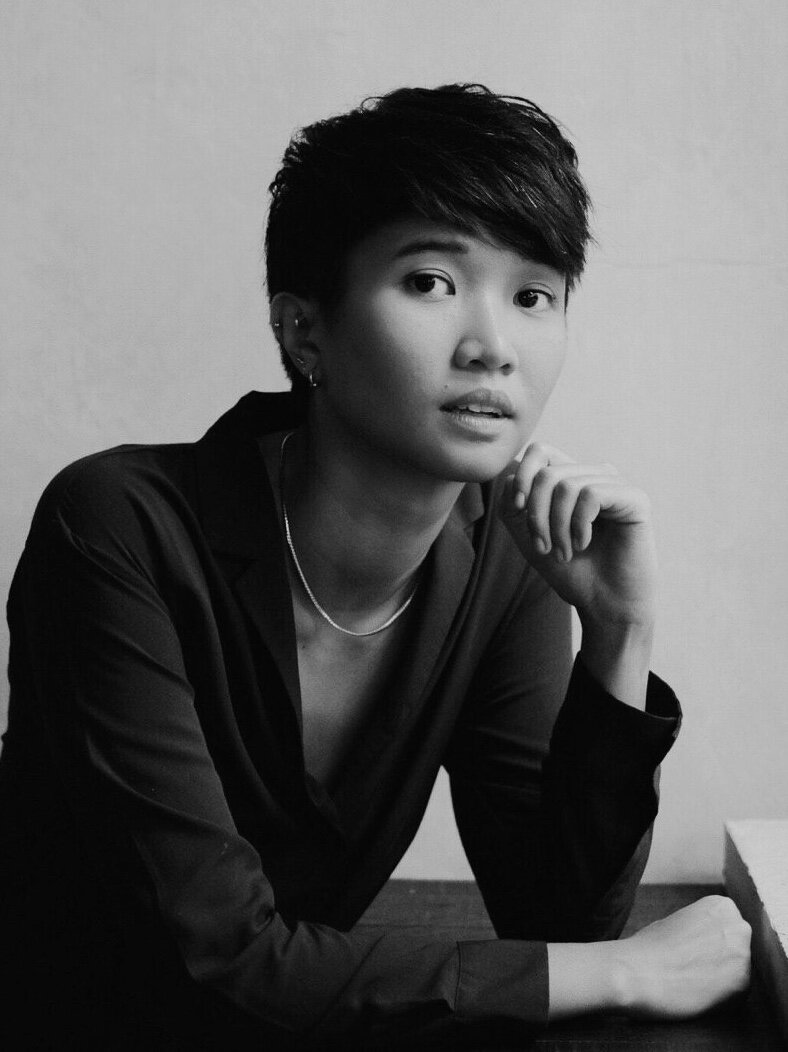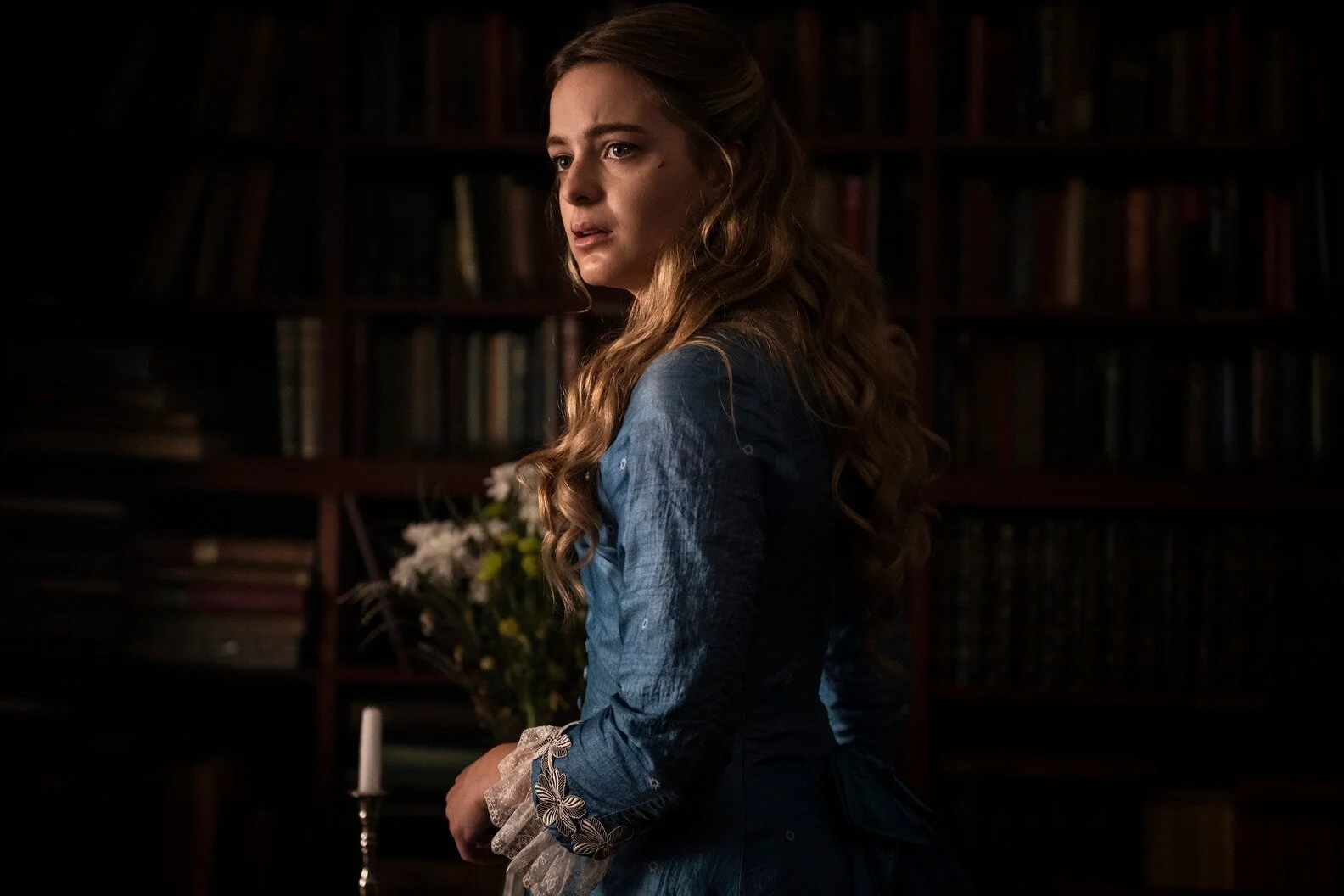Meet Samantha Lee, the Filipino Filmmaker Championing Queer Love Stories
Samantha Lee - writer, director and producer - crafts coming-of-age narratives that challenge attitudes in her home country and resonate with a global audience. Her two feature films, Baka Bukas (2016) and Billie & Emma (2018), are honest, charming tales of queer love and youth.
Having longed to see such representation in her own adolescence, Samantha now creates stories that normalise LGBTQ+ experiences and portray queer love authentically. We discuss her creative process, industry experience and hope for the future in the hands of the internet generation.
What is your background in Film?
I did an undergraduate degree in Film in the Philippines.
What were some of your favourite rom-coms growing up?
For some reason I was obsessed with this film called Ladybugs, where Jonathan Brandis has to pretend to be a girl and join an all-girls soccer team. He had a crush on one of his teammates. Also, I was and still am obsessed with Notting Hill.
Billie & Emma
What do you think gives cinema the power to shift perspectives?
Cinema acts as a mirror to society. It has the power to say what is acceptable, what is right, how we should behave, who we are allowed to love. Seeing two women kiss on a forty-foot screen, without being punished or tortured for that fact, that’s something that I never had growing up, which is why I fight so hard to have those images up there.
In working towards getting LGBTQ+ stories normalised, do you ever feel restricted by that label?
Yeah, most definitely. I’ve walked into pitch meetings with studios where they would tell me to make my characters straight by the end of it. There’s still this misconception that no one would want to watch an LGBTQ+ film, especially in conservative Catholic countries like the Philippines.
You’ve said Baka Bukas is semi autobiographical, which filmmaker would you want to direct your biopic?
Oh, that's a tough question. It would depend on the genre! If it were a romcom/coming-of-age flick, it would be Desiree Akhavan or Kate Herron! If it was more arthouse-y, then probably Celine Sciamma or Lulu Wang.
How does being a queer woman affect your experience working within the industry?
I’m privileged to be in this bubble where my sexual identity doesn’t really affect the way people see me in my industry. I think the bigger issue is that I’m a queer filmmaker who chooses to tell queer stories.
Your film crews for Baka Bukas and Billie & Emma were mostly female and members of the LGBTQ+ community, was that a conscious choice?
I think it’s the responsibility of anyone who experiences any kind of privilege to extend that opportunity to other people. I know a lot of talented women and queer people that will be on the top of my list any day.
You also wrote both films. What does your writing process usually look like?
It’s messy and heartbreaking and tough. When I was in the fourth grade, I tried out for the school paper and I didn’t make it. I think since that experience I’ve always carried a chip on my shoulder when it comes to my writing abilities. To this day, I still think that it’s my weakest link. Whenever I prep for writing a film, I do A LOT A LOT of research. I’m on my second Masters degree now and I think I use the discipline of having to read a lot of academic texts in my writing process.
Did making Billie & Emma change you as a filmmaker in any way?
In some ways, it cracked my whole world wide open. It brought me to so many places and allowed me to meet new people and have experiences I would have never had otherwise.
What gives you hope for the future of queer representation in cinema?
The generation who grew up with the internet and social media, they are able to identify and come to terms with who they are so much more easily now. They are more unapologetic and unafraid which gives me so much hope.
Follow Samantha on her Instagram @givemesam for updates and future screenings!
All photos courtesy of Samantha Lee







